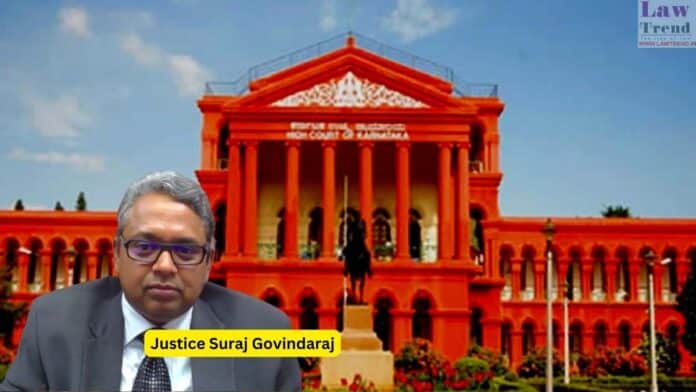In a significant judgment, the Karnataka High Court has set aside an order that had erroneously included the name of the Wakf Board in revenue records without due process. The judgment, delivered by Justice Suraj Govindaraj, underscores the necessity for proper inquiry before making such changes, particularly when private ownership is involved. Case Background: The
To Read More Please Subscribe to VIP Membership for Unlimited Access to All the Articles, Download Available Copies of Judgments/Order, Acess to Central/State Bare Acts, Advertisement Free Content, Access to More than 4000 Legal Drafts( Readymade Editable Formats of Suits, Petitions, Writs, Legal Notices, Divorce Petitions, 138 Notices, Bail Applications etc.) in Hindi and English.




